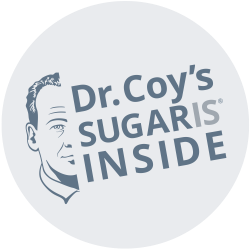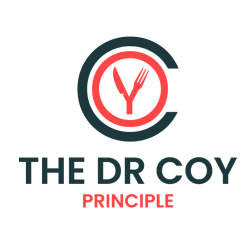The recent publication of the Clinical Research Framework Proposal for Ketogenic Metabolic Therapy in Glioblastoma1 represents a significant advancement in metabolic interventions in cancer treatment. While the ketogenic diet (KMT) has demonstrated significant potential in exploiting the metabolic vulnerabilities of glioblastoma and other malignancies, expanding the discussion to broader nutritional strategies reveals additional promising approaches to modulating the tumour microenvironment.
The Role of Nutritional Strategies in Cancer Metabolism
Cancer cells rely heavily on glycolysis for energy production, even in the presence of oxygen, a phenomenon known as the Warburg Effect. Targeting this metabolic weakness through dietary interventions is a promising strategy. However, beyond KMT, other nutritional interventions such as caloric restriction, fasting-mimicking diets, and strategic nutrient modulation2 offer complementary and potentially synergistic benefits.
Caloric Restriction and Intermittent Fasting
Caloric restriction (CR) and intermittent fasting (IF) have been extensively studied for their ability to influence cancer metabolism. These approaches reduce glucose and insulin levels, thereby limiting the availability of key energy sources for tumour cells. Additionally, caloric restriction induces metabolic adaptations that enhance mitochondrial function and promote oxidative metabolism over glycolysis, effectively countering the metabolic shifts that drive tumour growth.
Fasting-mimicking diets (FMDs), designed to simulate the metabolic effects of fasting while allowing limited nutrient intake, offer a practical alternative for patients unable to adhere to prolonged fasting. Studies suggest that FMDs lower systemic inflammation, reduce insulin-like growth factor 1 (IGF-1), and enhance autophagy, a cellular process that clears damaged components and may help slow cancer progression.
Nutrient Modulation: Beyond Carbohydrate Restriction
While reducing carbohydrate intake is a central tenet of metabolic cancer therapy, the strategic inclusion of specific sugars, amino acids, and fatty acids can further shape the tumour microenvironment.
- Functional Sugars: The incorporation of alternative sugars such as galactose, mannose and tagatose—as proposed in the Dr. Coy Principle—offers a means of energy provision that does not fuel glycolysis-dependent tumour growth. These sugars are metabolised differently, avoiding the insulin spikes and inflammatory cascades associated with traditional glucose consumption.
- Amino Acid Restriction: Certain amino acids, such as glutamine and methionine, are critical for tumour cell proliferation. Dietary strategies that limit these amino acids while supporting healthy tissue function could create an inhospitable metabolic environment for cancer cells.
- Ketone Utilisation and Fatty Acid Composition: In addition to ketone bodies, the composition of dietary fats plays a significant role in modulating inflammation and tumour metabolism. While some evidence suggests that ketone bodies may alter cancer metabolism by influencing energy pathways, their effects vary depending on cancer type, with some tumours potentially adapting to use ketones for fuel. Similarly, omega-3 fatty acids exhibit anti-inflammatory properties and have been shown to enhance chemotherapy efficacy in certain cancer models, though their impact depends on the type of cancer, chemotherapy agents used, and individual patient factors.
Integrating Nutritional Strategies into Clinical Practice
While the ketogenic diet provides a robust foundation for metabolic cancer therapy, integrating a multi-faceted nutritional approach could improve patient outcomes. Personalised dietary protocols that incorporate elements of caloric restriction, fasting-mimicking diets, functional sugars, and strategic nutrient modulation may offer enhanced therapeutic potential.
Combining these nutritional strategies with KMT can provide a more holistic approach to cancer therapy. While KMT forms a strong foundation, integrating complementary dietary interventions may enhance its efficacy, ultimately improving patient outcomes and expanding the scope of metabolic cancer treatment.


